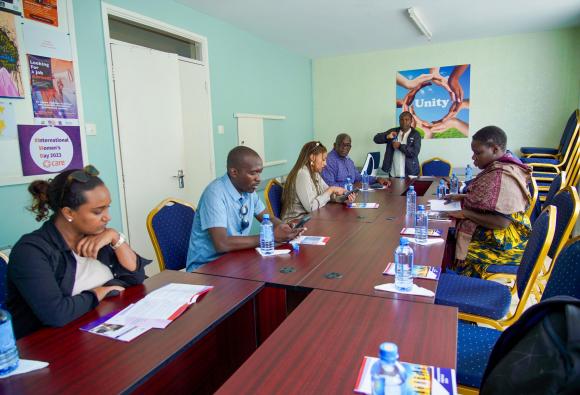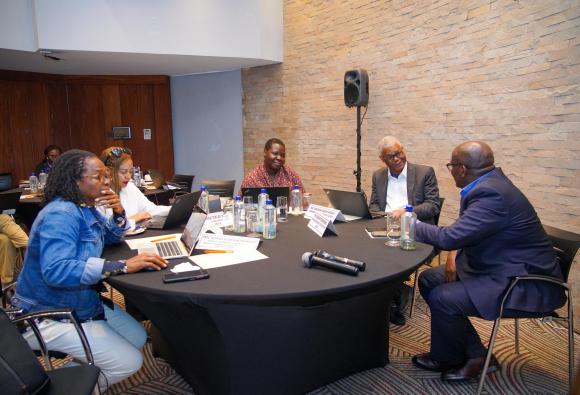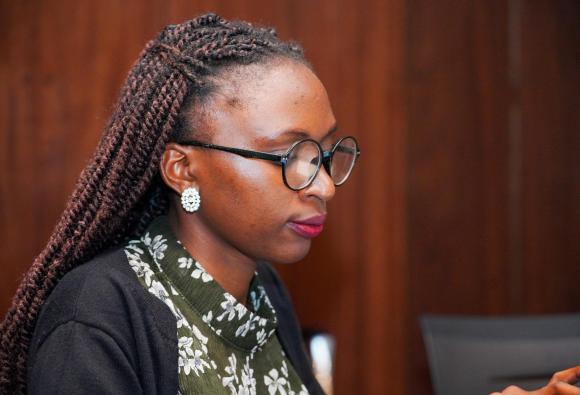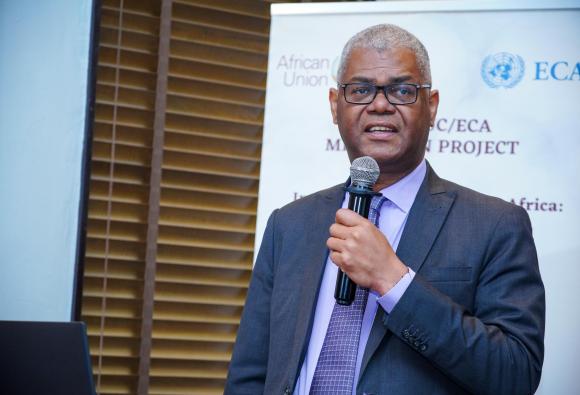One of the emerging issues on the continent is the increasing numbers of females who are involved in international migration especially those who migrate for domestic work. Female migration has consequences in places of origin, destination and transit. There is a need to bring policy attention to the specific challenges that female migrants face, to ensure the effective enforcement of commitments that promote their rights.
Migrant women often find themselves in low-paying, informal, and precarious roles, exposing them to economic exploitation and rights violations. Addressing these vulnerabilities is not only vital for the wellness of the migrants but also for the socioeconomic development of their home communities upon their return. Economic empowerment is critical and is a requirement to lessen vulnerability of women and girls to migration and displacement related exploitation, abuse and other human rights related violations. Economic empowerment of women not only leads to social transformation but substantive gender equality and meaningful changes to women and girls’ lives. In addition, economic empowerment enables investments in education and other productive sectors that could have a ripple effect of retaining women from migrating in search of livelihood and for jobs that are risky, insecure such as domestic work. Targeted interventions to support economic activities and aspirations are necessary.
The the United Nations Economic Commission for Africa (UNECA) through its Gender, Poverty and Social Policy Division (GPSPD) has undertaken assessments in Ethiopia, Kenya and Uganda to outline strategies to promote economic empowerment of returnee migrant women and facilitate their successful reintegration into local economies. The division is undertaking validation meetings.
The Report Validation Workshop represents a vital opportunity for stakeholder engagement and collaboration focused on the economic empowerment of returnee migrant women, particularly domestic workers. By validating the country assessment report, the workshop will guide the strategic direction of the AUC/ECA initiatives aimed at enhancing the livelihoods of these women while simultaneously establishing a positive narrative around migration in Africa. The specific objectives include to:
- Review and provide input on the draft country assessment reports.
- Collect feedback that deepens the understanding of women’s economic empowerment.
- Discuss the draft Plan of Action aimed at the economic empowerment of migrant women in preparation for the 4th Specialized Technical Committee (STC) on Migration, Refugees, and Internally Displaced Persons.
Documents
Presentations
- Migration Policy Framework for Return and Reintegration in Kenya
- Labour externalisation and experiences of MWDW in Kenya: Insights from the Desk Review and Interviews
- Shaping a Positive Narrative and Removing Barriers to Mobility
- Economic Reintegration and Stakeholder Mapping for Returnee Migrant Women




